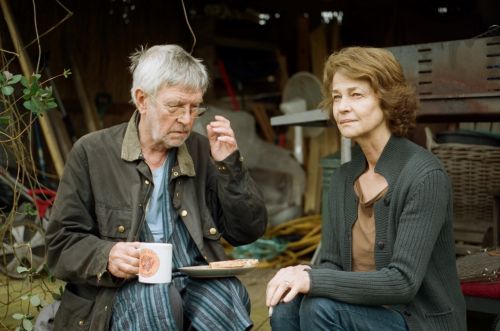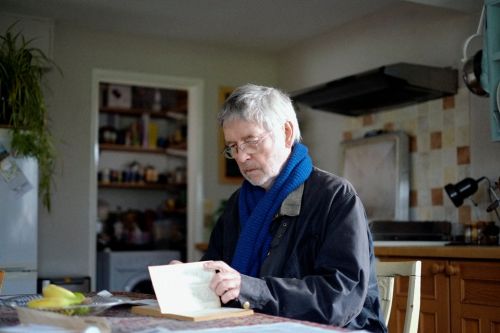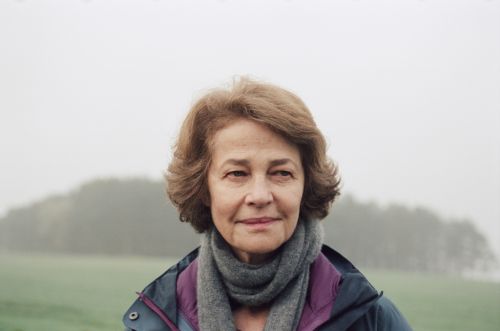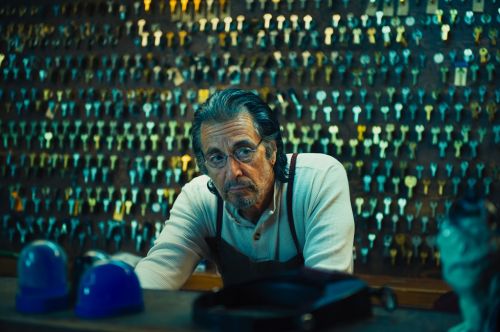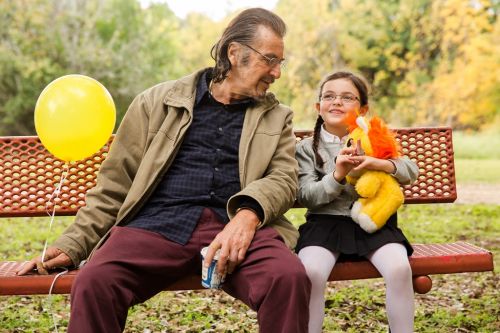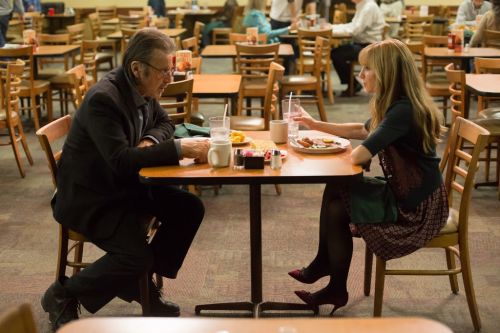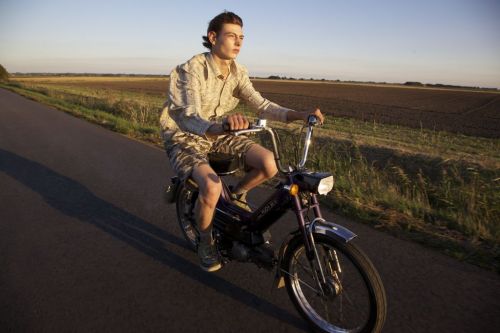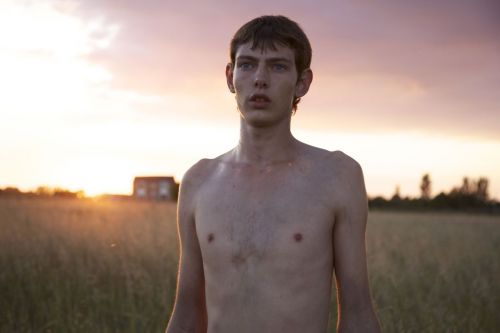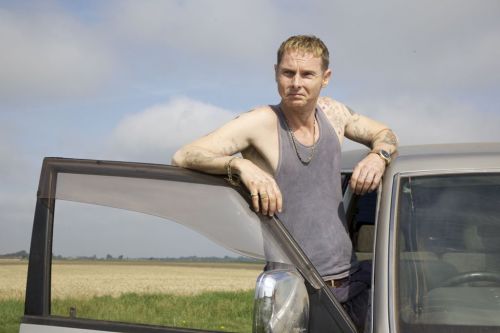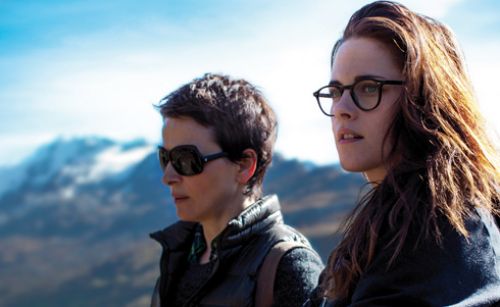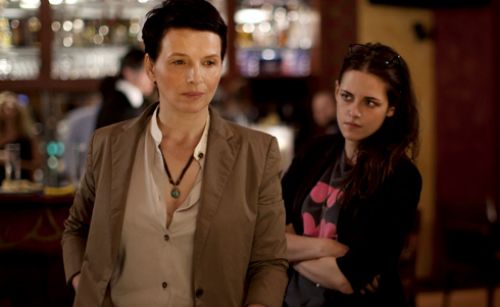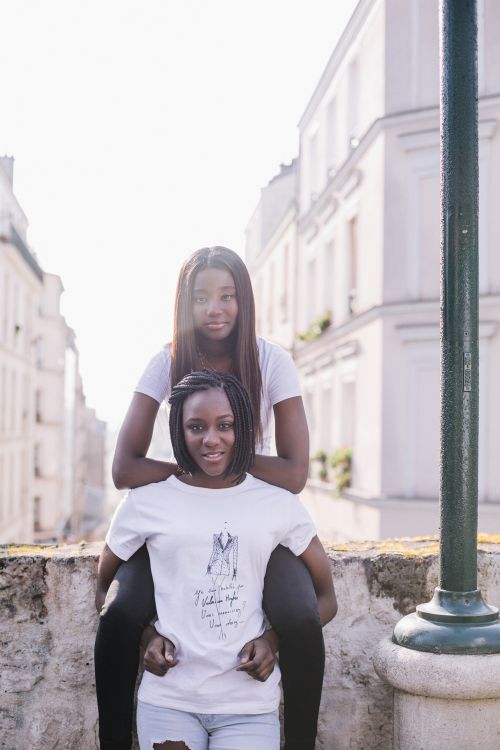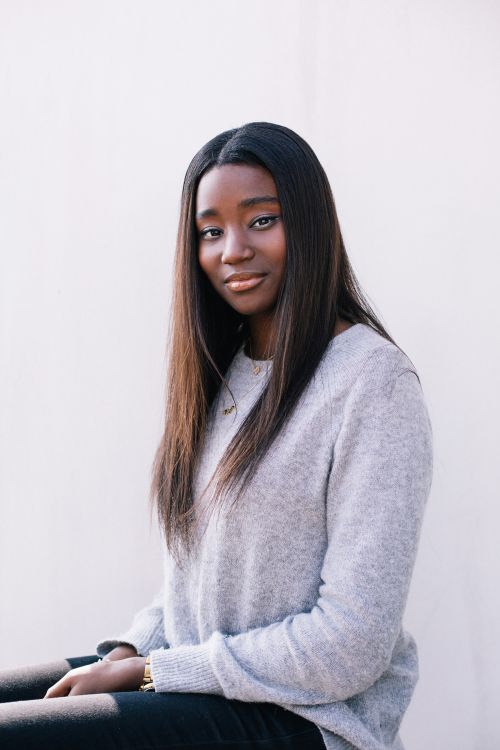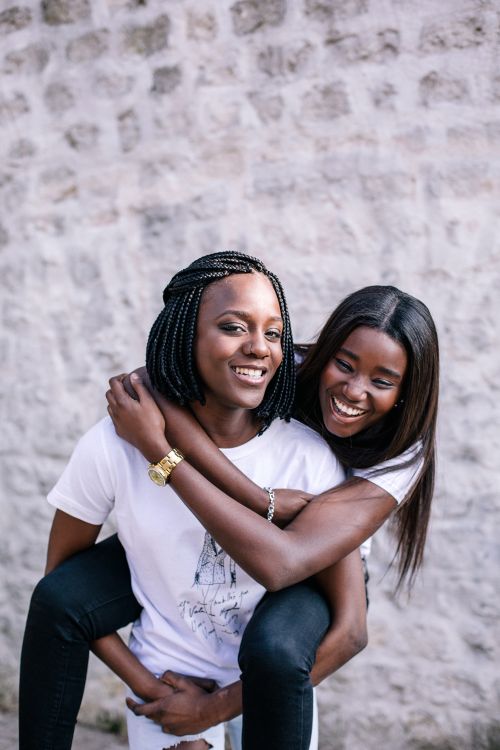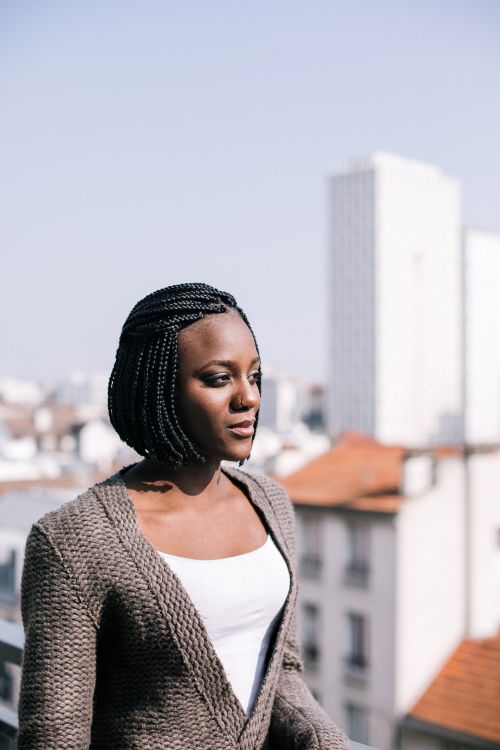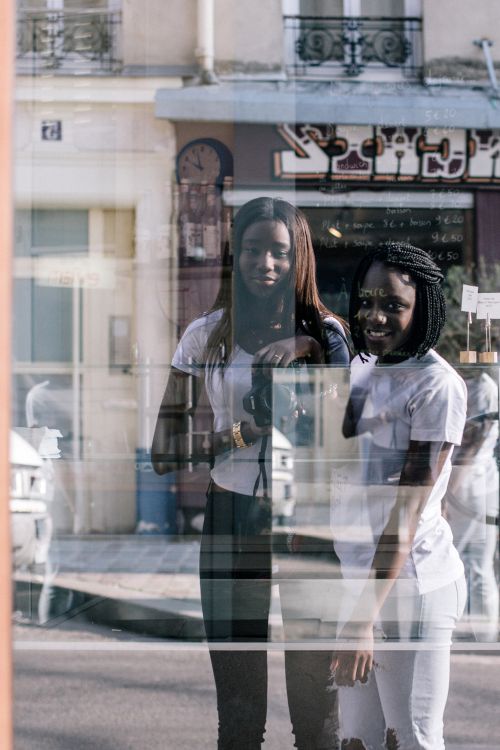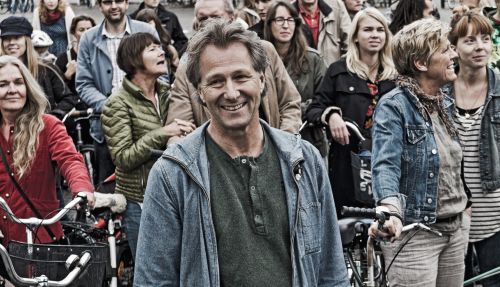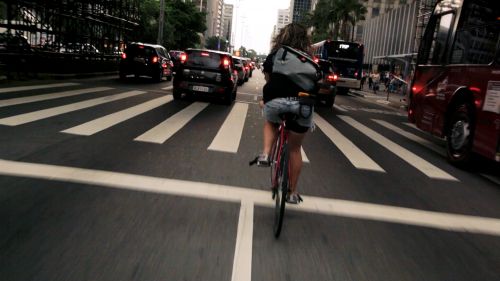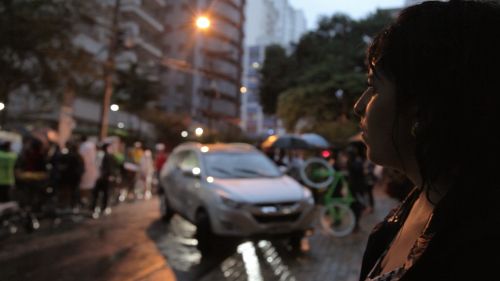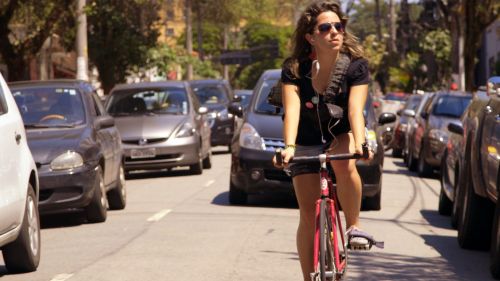The release of Desiree Akhavan's debut feature Appropriate Behaviour earlier this year heralded an impressive new film-making talent. As well as being the film's writer and director, Desiree plays its protagonist Shirin, a confident-but-floundering newly single woman attempting to move on from her former girlfriend Maxine (Rebecca Henderson).
Between flashbacks that trace Shirin and Maxine's ill-fated romance, Desiree excels at detailing the minutiae of life after a relationship: the efforts to redefine one's identity, the abortive attempts at online dating, the fleeting melancholy of realising that an ex is wearing clothes that you haven't seen before, their life carrying on without you. In a film distinguished by its emotional honesty as well as its humour and wit, one of Appropriate Behaviour's most perceptive observations is the idea that heartbreak exists as background radiation in modern dating: to varying degrees, everyone's trying to get over somebody.
Ahead of its release on DVD, we spoke to Desiree about making the film.
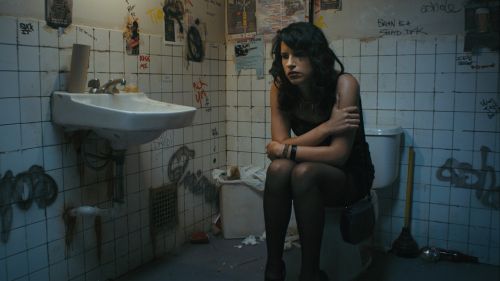
Appropriate Behaviour starts and ends with Shirin on a train. In superficial terms not much has changed in her life but there's a clear emotional shift. How did you approach the journey she goes through?
When you study screenwriting you're given all these books that tell you there has to be an inciting incident, a villain, a hero, an act one. I remember reading them made me want to gouge my eyes out. It was incredibly boring. I thought if this is what screenwriting is then I'm not a screenwriter. I loved writing plays, and I loved writing scenes and building relationships through character, so that's how I started: I wrote scenes between Shirin and Maxine. I built that relationship and the film was about examining it. Once I finished the first draft I shared it with my producer Cecilia Frugiuele and she said it was good but she wanted to know who this woman is, who is her family, what's her job. She thought I should pull from my own life. That's when it became a journey of how this girl changes without really changing. There are so many films that deal with coming of age and young people in Brooklyn, but I wanted to make something that was so specific to the way I see the world that no-one else would be able to lay claim to it. That's all film is: telling the same story over and over again through a different lens.
Throughout the film there are flashbacks to Shirin and Maxine's relationship but they're non-chronological. Were you trying to replicate how Shirin's mind works?
It was about following a train of thought and what triggers a memory. When you have a breakup it's like being haunted by a ghost. You're in a moment with someone new and just the way their hand moves or the song that comes on or the food you're eating brings you back to a specific memory. You have this ex relationship on your shoulder, constantly reminding you: “Remember when you were happy? Remember when you were loved?”
Are the flashbacks subjective then? Even when they're in love Maxine seems a little aggressive to Shirin. Is that just her personality?
I always thought they were accurate but also Shirin is inspired by me and I'm an asshole. Who knows? The whole film is a flashback of mine. I say it's not autobiographical but at the same time I play the lead, so in a way it's all indulgent to one point of view. I tried to be as diplomatic as possible and to make it feel like that was the truth of what had happened, but if you get the sense that Maxine is a one-sided character then I haven't done my job well and we'll just say Shirin's bad memory at fault.
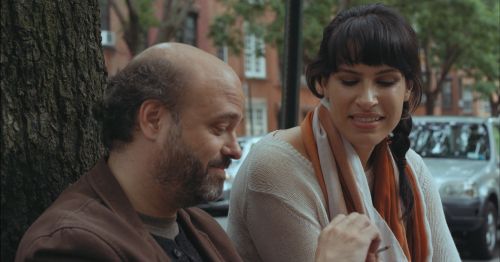
If the film isn't strictly autobiographical, do you see it as a heightening of reality?
It is, because of a few factors. One is that my life isn't interesting for a 90-minute narrative. It's not convenient enough. I wanted to draw parallels between characters and shape scenes to create a little arc in each scenario. The elements of my life are there but then characters and details had to change to suit the narrative and the story I wanted to tell. Also I rely heavily on my collaborators. I get so much credit because it's my face on screen, but my producer Cecilia is my work partner and had her hand in sculpting the script, while on set my cinematographer was a collaborator in how each scene played out and the same thing happened later with my editor. It's not just mine, so it would be insanely self-indulgent and false for me to say that this is a diary entry, because then it would be their diary entry too. I think the only way to make very personal work that is also universal and speaks to people who don't share your history is to rely heavily on others, because they add their perspective. They can tell you if you're going off the deep end or to go further. It's really necessary and it's a great joy.
What's it like to write, direct and star in a film all at the same time? Even with collaborators, that must be complicated logistically?
Well I'm a power hungry bitch so it works out really well that I get to wear all those pants. Also Cecilia had her eyes on the monitor the whole time. I didn't have time to watch playback so we were just moving forward; with other people's performances I knew exactly what I wanted, but there were a couple of instances when I looked at her and asked if I had it. One moment that sticks out in my head is the threesome scene. I watched one playback and it looked very graphic. I took her aside and said “This is too gratuitous, I've made a huge mistake, I'm going to pull back in the next take,” and she said to trust her and not pull back. I'm really glad I did because that's how we got what we have.
Your depiction of sex is interesting: it's not trying to titillate but it's casually graphic in the way that real sex is casually graphic. People have brought up Annie Hall when discussing Appropriate Behaviour but it's hard to imagine that sort of sexual honesty in comedic films of that era.
I think people are shooting sex differently now than they did before. There was a lot of dishonesty in the sex I saw when I was younger, but then films were very different in a pre-internet world. Now we have such a different dialogue – kids are coming out earlier, our relationship to porn is different – there's a frankness now and that's reflected in movies.
Sex in films never really got messy.
Or it was all awkward. The characters have a bad date and then bad sex and everything is terrible, but in reality sometimes things weave in and out of being pleasurable. That's the worst: when you hold on to the nostalgia for a moment you had two hours ago, hoping that the person will go back to your first impression of them. That happens quite often and I don't see it depicted in movies. Films lied to me about sex, and everything I learned about sex until a certain age I'd learned from watching a movie. It wasn't a conversation I had with my parents or something I could find out on my own. When I finally started dating I realised I'd been fed fairytale lies about simultaneous orgasms and never-ending love.
Appropriate Behaviour is now available on DVD.
